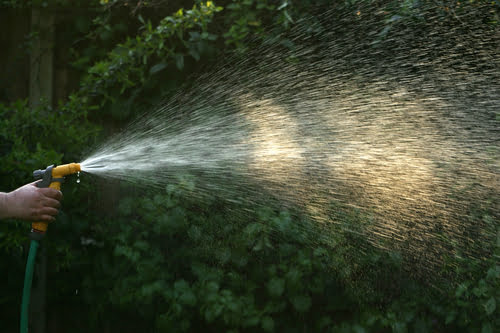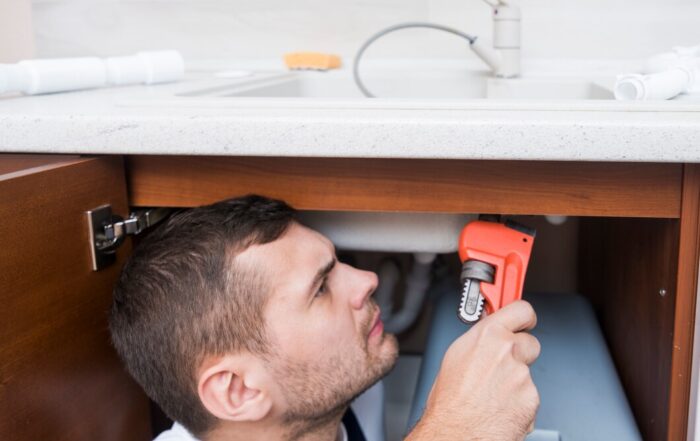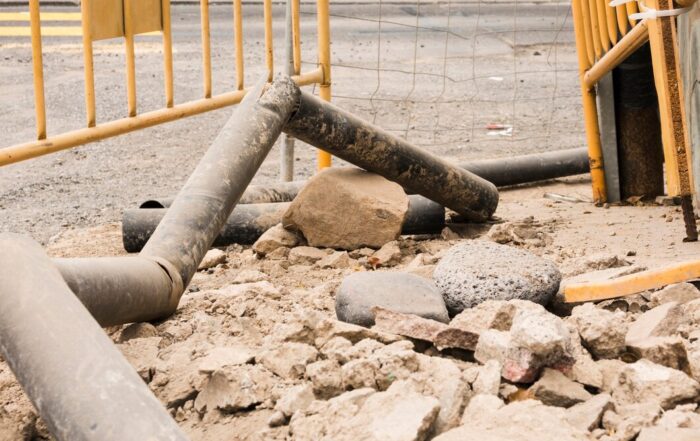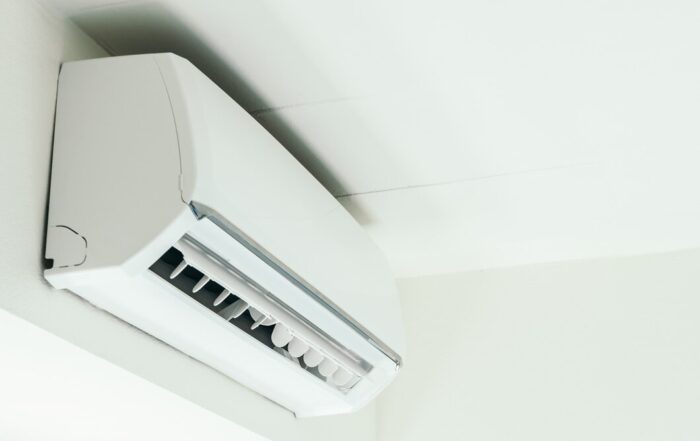
Water occurs naturally in both soft and hard forms. When water falls in the form of snow or rain, it is usually soft. Water found at springs and underground is more often hard. The water from the ground is hard because it picks up minerals as it passes through soil. Often it has dissolved elements like calcium and magnesium. These along with other compounds like chalk and lime cause the differences between hard and soft water.
Hard Water vs Soft Water
Hard water has a very different reaction with soap than soft water. Instead of making foam and bubbles, hard water and soap cause a milky film to be created. Hard water also cleans dishes and hair less well. On dishes it leaves water spots, and when reacting with shampoo, hard water can leave hair feeling greasy and unclean. Hard water also leaves behind deposits of solid material. Soap scum is one of the most common versions of this. This build up is a pain to scrub away when it collects on the side of your bathtub and sink. Another common deposit is limescale. Limescale has the unfortunate habit of building up in pipes. When too much limescale has collected, the pipes clog easily and can even be damaged. However, hard water can carry trace minerals that are good for a person’s health. Many people also prefer the taste of hard water since it’s what they are used to, and water that is too soft can also cause problems.
Soft water is great for laundry, showering, and washing dishes. It reacts better with soap, does leave water spots, and your clothing and hair just feel better after being washed with softer water. Your appliances also will benefit from soft water. However, there are some concerns from using soft water. People argue that soft water can absorb heavy metals – such as lead- from your plumbing, and that ion water softeners make your water taste salty. If a person needs to have a low sodium diet, then the extra salt from softening can be a problem. Water softened with salt can also kill your lawn and plants, and heavy metals like lead are always a problem when consumed in high quantities. Fortunately there is a way to balance these challenges. The first step is to make sure your softener is only connected to your hot water line. This means your lawn and plants and drinking water – none which use hot water – will receive just regular hard water. Step two is rethinking your water softening process. There are lots of ways to soften water, we wrote a whole blog on citrus water softeners the other week. Most of these problems come from using ions to soften water and that can be avoided.
When it comes to using soft water or hard water there isn’t always a clear right answer. But at Plumbing Heating Paramedics, we feel using a citrus water softener and keeping your cold water hard may just about be the best compromise. If you have questions about hard water vs soft water in your house, call Plumbing Heating Paramedics today at 587-316-2946.
Call us at (403) 452-2911 or Book Now an appointment.
Effective Solutions to Common Drain and Blockage Problems
A well-functioning plumbing system is crucial for maintaining a clean, comfortable, and hygienic home. However, drain and blockage issues can disrupt this delicate balance, causing inconvenience and potential damage to your property. As a [...]
Sewage System Problems: Causes, Symptoms, and Solutions
For many homeowners, dealing with sewage system problems can be a daunting experience. Besides the unpleasant nature of the issue, it can also pose severe health risks and cause significant damage to your property. [...]
Choosing the Best AC Unit for Your Home: Key Factors and Expert Assistance
Home comfort during Calgary's warm summer months relies heavily on having a reliable and efficient air conditioning system. If you're considering a new AC installation, it's essential to carefully evaluate your options, taking into [...]





